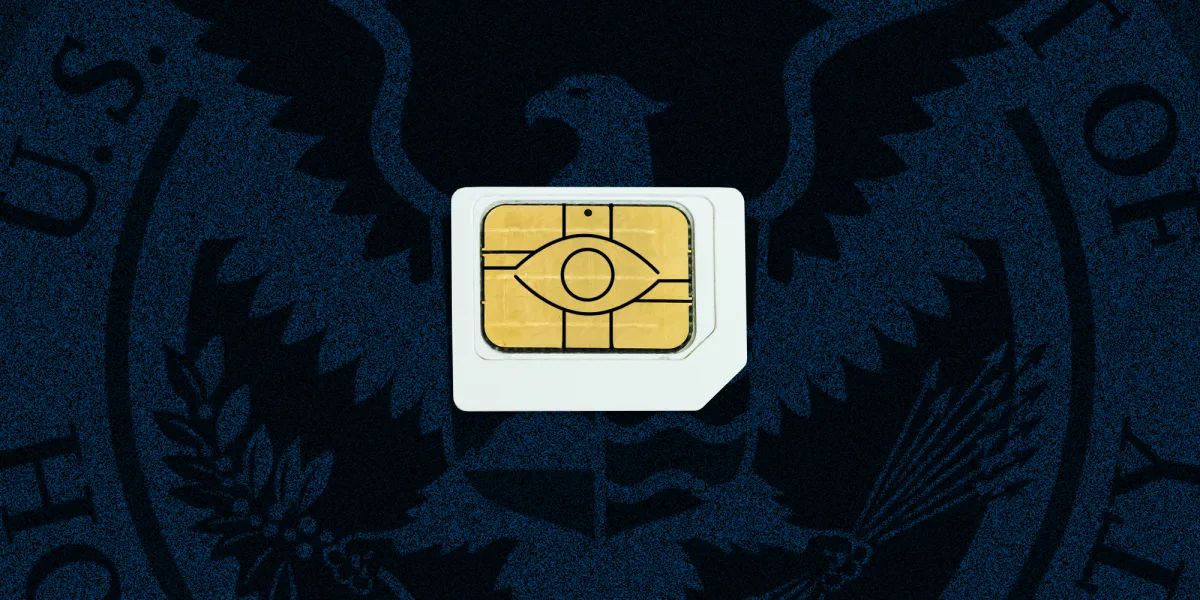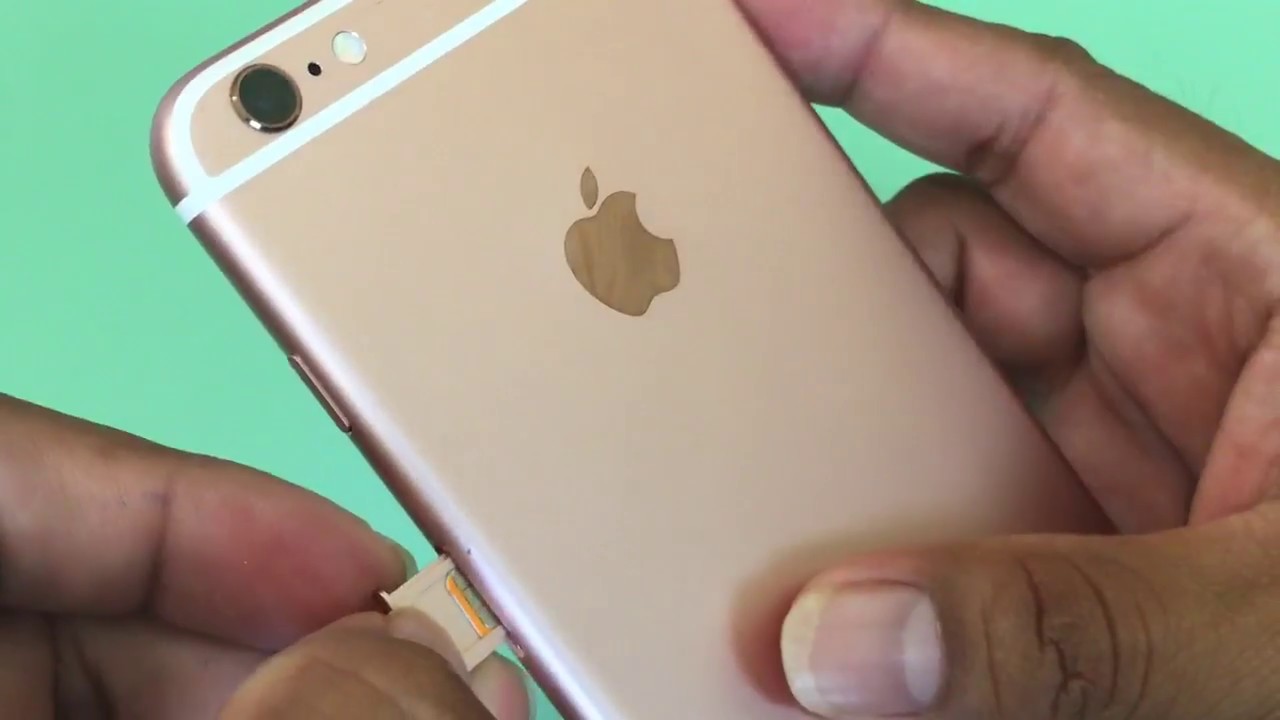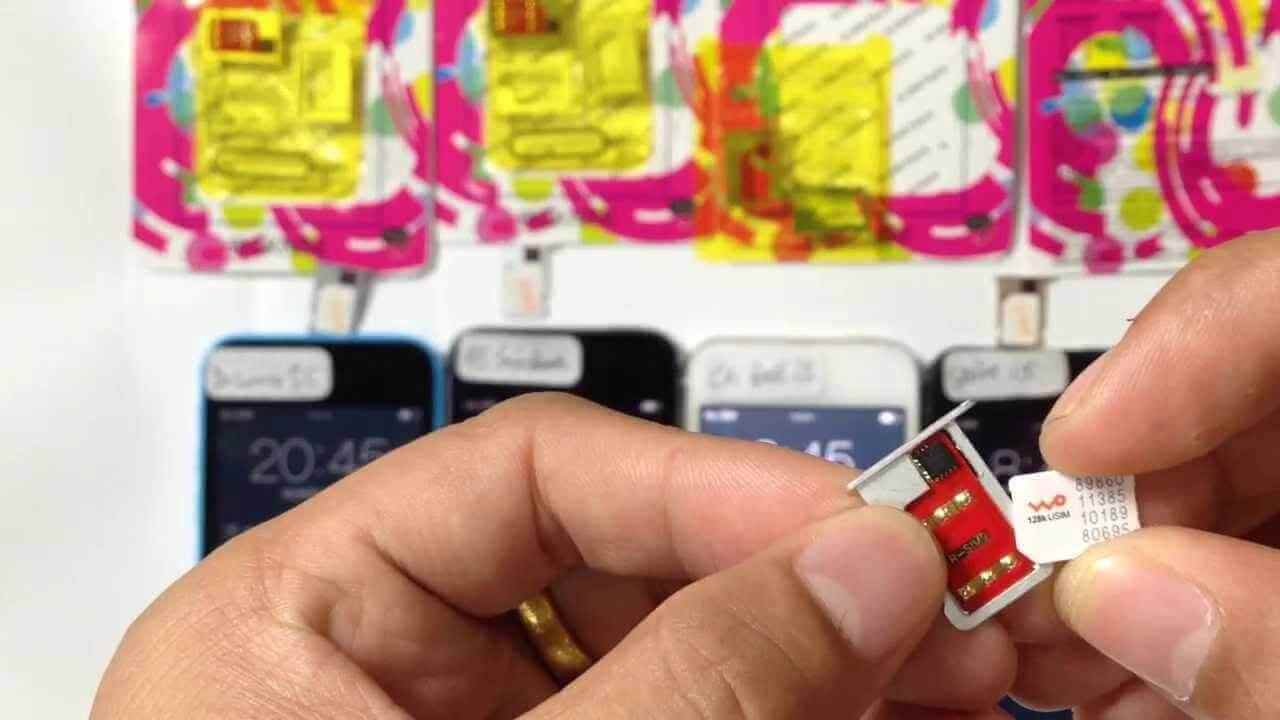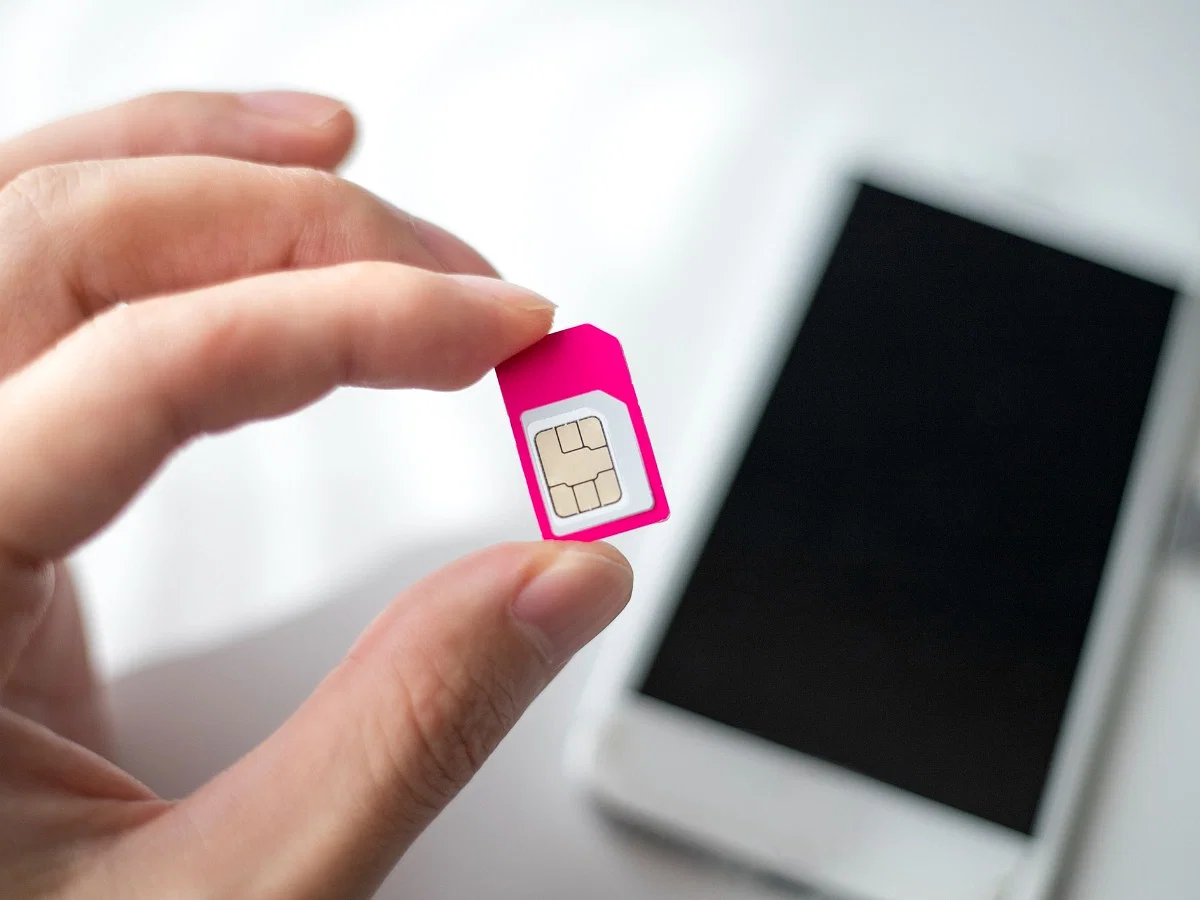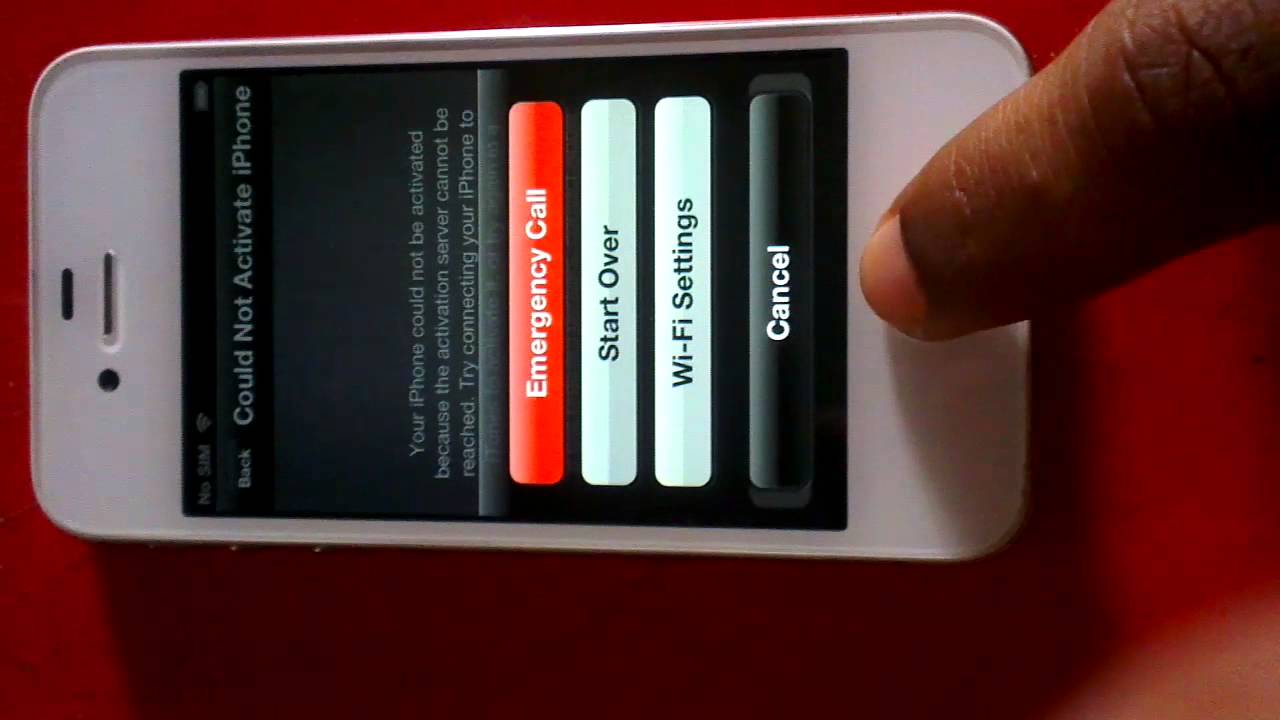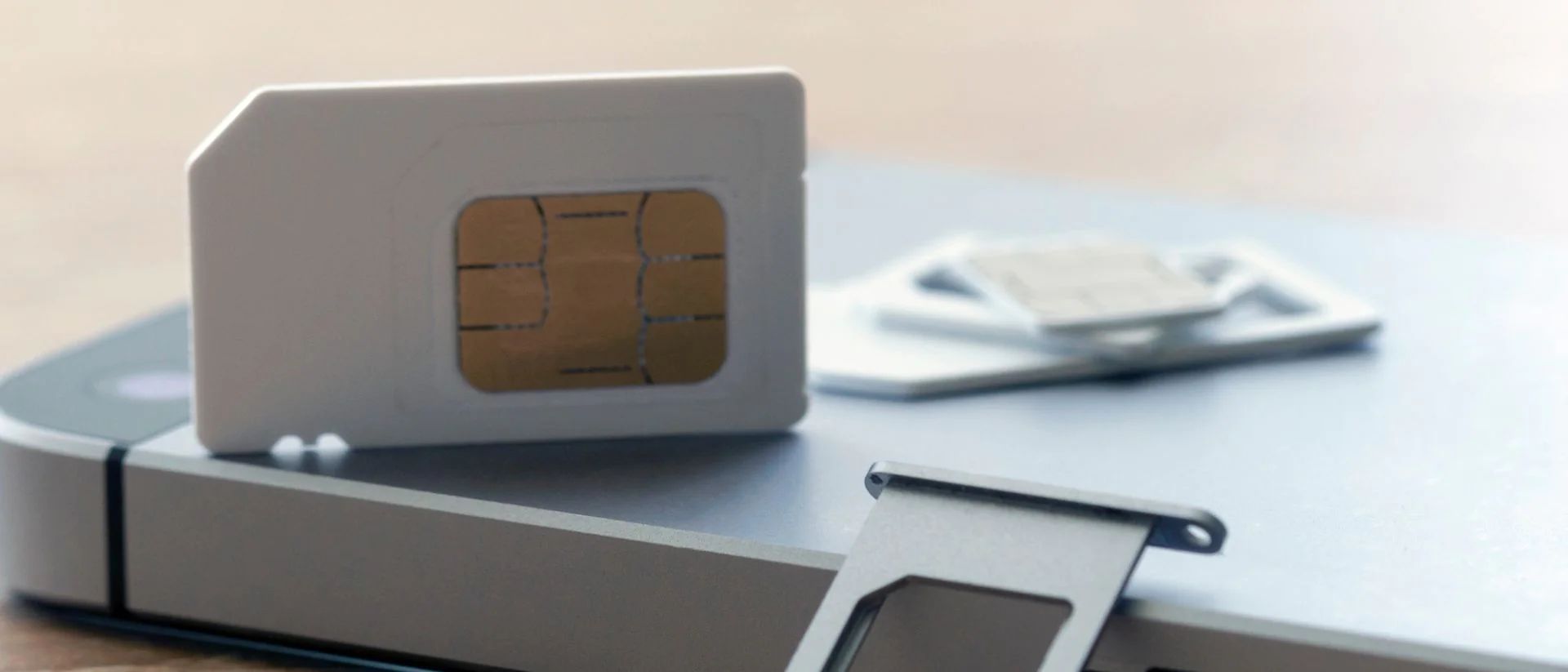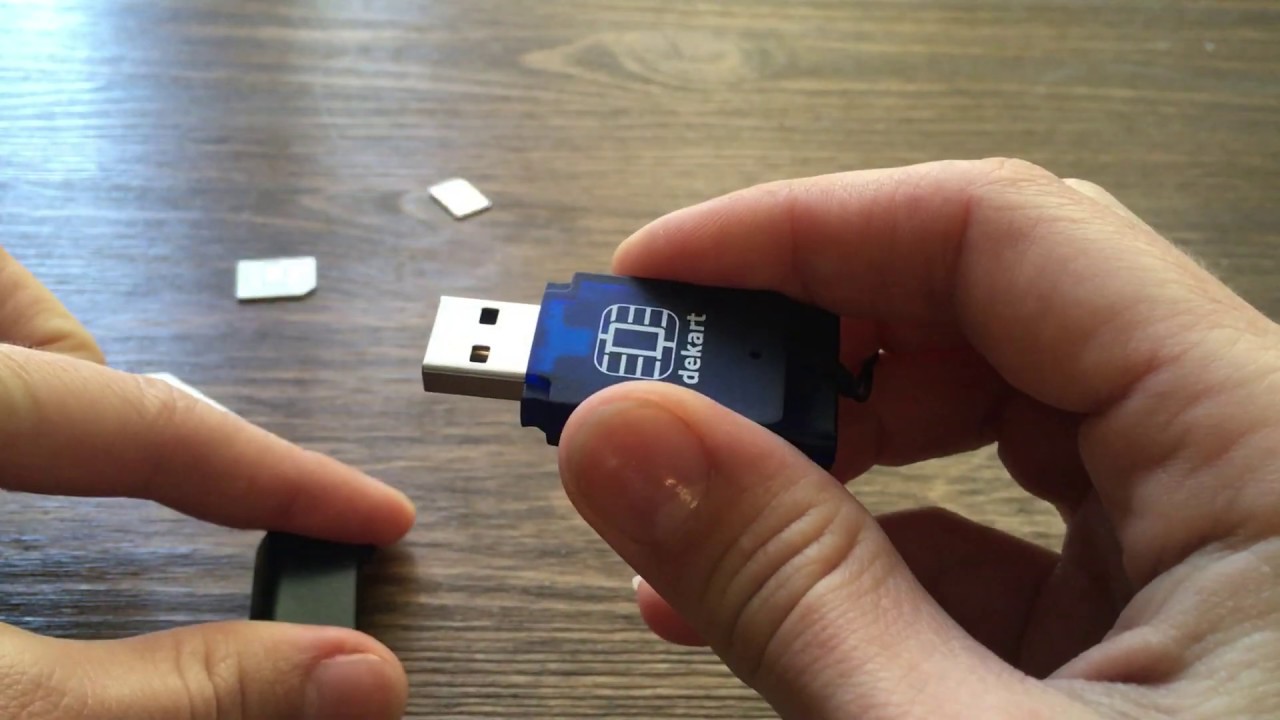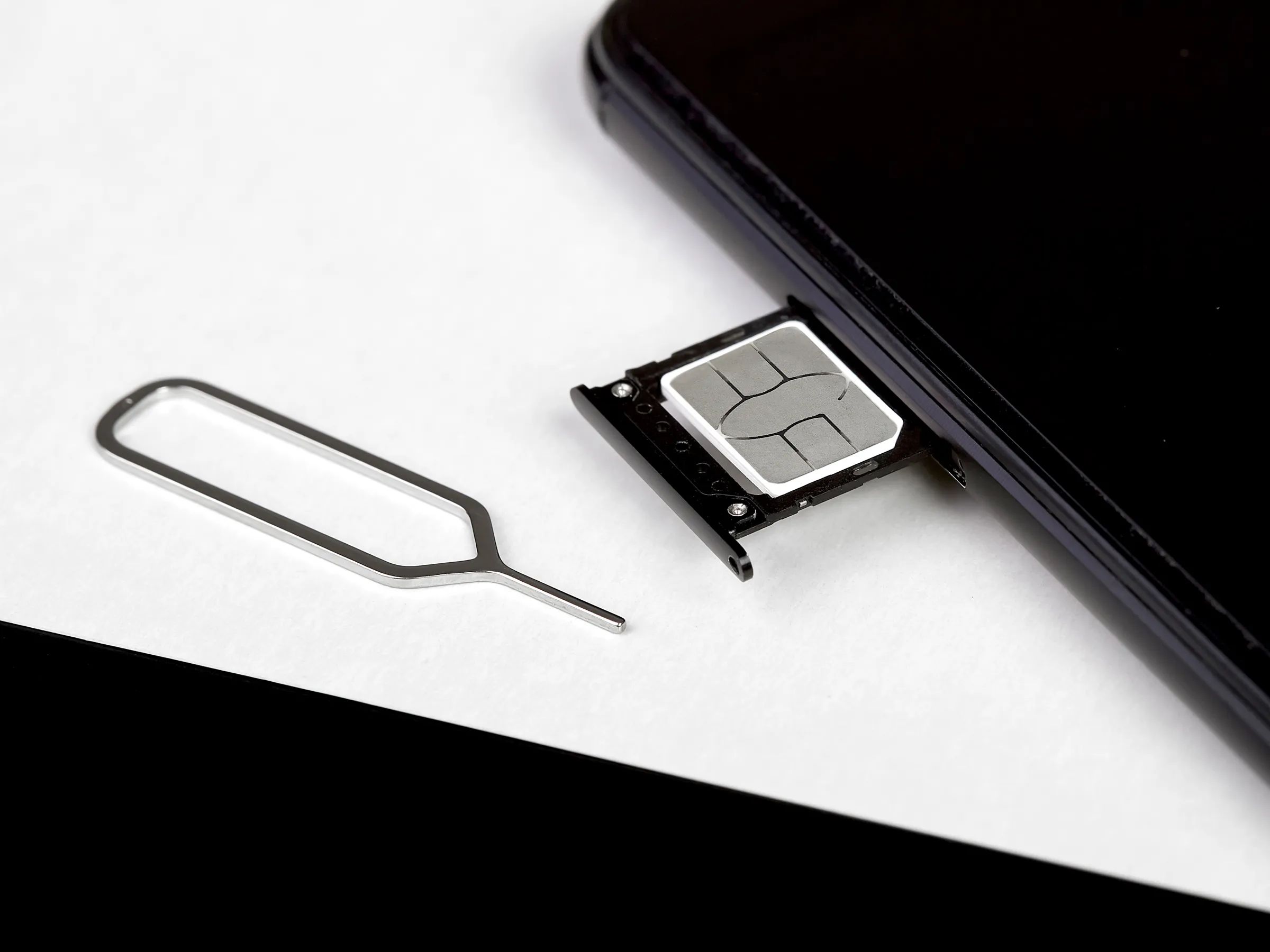Introduction
In today's digital age, mobile devices have become an indispensable part of our lives, serving as our gateway to the digital world. At the heart of these devices lies a small yet powerful component known as the Subscriber Identity Module (SIM) card. This tiny chip plays a crucial role in connecting our devices to the mobile network, enabling us to make calls, send messages, and access the internet.
However, the convenience and functionality provided by SIM cards have also made them a target for illicit activities, including cloning. SIM card cloning involves creating a duplicate SIM card that shares the same identity as the original, allowing unauthorized access to the subscriber's account and sensitive information. This nefarious practice has raised significant concerns regarding privacy, security, and the integrity of mobile communications.
As technology continues to advance, the methods used for SIM card cloning have become increasingly sophisticated, posing a serious threat to individuals, businesses, and even national security. It is essential for mobile device users to be aware of the risks associated with SIM card cloning and understand the potential consequences of falling victim to such illicit activities.
In this article, we will delve into the intricacies of SIM card cloning, explore the risks and consequences it poses, and discuss the key considerations for uncloning a SIM card. By shedding light on this pressing issue, we aim to empower mobile device users with the knowledge and insights needed to safeguard their personal and sensitive information from malicious actors.
Understanding SIM Card Cloning
SIM card cloning is a fraudulent technique used to create a duplicate SIM card that shares the same identity as the original. This nefarious practice allows unauthorized individuals to access the subscriber's account, intercept communications, and potentially engage in illicit activities. The process of cloning a SIM card involves extracting the unique International Mobile Subscriber Identity (IMSI) and the Authentication Key (Ki) from the target SIM card. Once these critical pieces of information are obtained, they can be used to program a blank SIM card, effectively replicating the identity and functionality of the original card.
The implications of SIM card cloning are far-reaching, posing significant risks to both individual users and organizations. In the hands of malicious actors, cloned SIM cards can be used to make unauthorized calls, send fraudulent messages, and access sensitive data, including personal and financial information. Furthermore, the ability to intercept incoming calls and messages intended for the legitimate subscriber can lead to privacy breaches and potential identity theft.
The methods employed for SIM card cloning have evolved alongside advancements in technology, making it increasingly challenging to detect and prevent such illicit activities. In the past, cloning a SIM card required physical access to the target card, often through surreptitious means. However, with the emergence of sophisticated software and hardware tools, it has become possible to remotely extract the necessary information from a SIM card, amplifying the scope and scale of potential security breaches.
It is important to note that while SIM card cloning primarily targets GSM-based networks, the proliferation of mobile devices and the widespread adoption of cellular technology have expanded the potential impact of this illicit practice. As a result, both individual users and organizations must remain vigilant and proactive in safeguarding their mobile communications from the threat of SIM card cloning.
By gaining a deeper understanding of the intricacies of SIM card cloning, mobile device users can better appreciate the gravity of this security threat and take proactive measures to protect themselves from falling victim to such illicit activities. In the subsequent sections, we will explore the risks and consequences associated with SIM card cloning and discuss the key considerations for uncloning a SIM card, empowering readers with the knowledge needed to mitigate this pervasive security risk.
Risks and Consequences
The proliferation of SIM card cloning presents a myriad of risks and consequences that can have far-reaching implications for individuals, businesses, and the overall integrity of mobile communications. Understanding these risks is paramount in comprehending the urgency of addressing this pervasive security threat.
One of the foremost risks associated with SIM card cloning is the compromise of sensitive personal and financial information. Cloned SIM cards can be used to intercept incoming calls and messages, potentially exposing confidential communications and compromising the privacy of the legitimate subscriber. Moreover, malicious actors can exploit the cloned identity to gain unauthorized access to the subscriber's accounts, posing a significant risk of identity theft and financial fraud.
From a broader perspective, SIM card cloning poses serious security risks for businesses and organizations. Employee mobile devices, often used for work-related communications, can become vulnerable to exploitation through cloned SIM cards. This can lead to unauthorized access to corporate networks, confidential information leaks, and potential breaches of sensitive data, thereby jeopardizing the integrity and security of the organization.
Furthermore, the proliferation of cloned SIM cards can facilitate illicit activities such as fraudulent calls, unauthorized access to premium services, and even involvement in criminal enterprises. This not only poses financial risks to individuals and businesses but also undermines the trust and reliability of mobile communications networks, impacting the overall safety and security of mobile users.
In addition to the immediate risks posed by SIM card cloning, there are broader consequences that extend to national security and public safety. Cloned SIM cards can be exploited for nefarious activities such as circumventing security protocols, evading surveillance measures, and engaging in illicit communications that undermine law enforcement efforts and national security initiatives.
The consequences of SIM card cloning are not limited to financial and security risks but also encompass the erosion of trust in mobile communications infrastructure. As individuals and businesses lose confidence in the security of their mobile devices, the overall trust in the reliability and integrity of mobile networks diminishes, potentially leading to widespread repercussions for the telecommunications industry and the digital economy at large.
By comprehensively understanding the risks and consequences associated with SIM card cloning, mobile device users and organizations can appreciate the urgency of addressing this pervasive security threat. In the subsequent section, we will delve into the key considerations for uncloning a SIM card, equipping readers with the knowledge needed to mitigate the risks and consequences posed by SIM card cloning.
Key Considerations for Uncloning
Uncloning a SIM card is a complex and delicate process that requires meticulous attention to detail and adherence to established protocols. When faced with the daunting task of uncloning a SIM card, several key considerations come into play, each essential in navigating the intricate landscape of reversing the effects of SIM card cloning.
-
Expertise and Specialized Tools: Uncloning a SIM card necessitates the expertise of professionals with in-depth knowledge of mobile network protocols and the intricacies of SIM card technology. Additionally, specialized tools and equipment designed for forensic analysis and SIM card manipulation are indispensable in the uncloning process. Engaging the services of reputable experts and utilizing advanced tools is paramount in ensuring the successful uncloning of a compromised SIM card.
-
Forensic Analysis and Reverse Engineering: Uncloning a SIM card often involves a comprehensive forensic analysis of the cloned card to identify the specific alterations and unauthorized modifications made during the cloning process. This entails reverse engineering the cloned SIM card to meticulously unravel the changes implemented, enabling the restoration of its original identity and functionality.
-
Collaboration with Mobile Network Operators: Collaboration with mobile network operators is pivotal in the uncloning process, as it may involve the reissuance of a new SIM card with enhanced security features. By working closely with network operators, individuals and organizations can ensure the seamless transition from the compromised SIM card to a secure replacement, mitigating the risks posed by the cloning incident.
-
Legal and Ethical Compliance: Uncloning a SIM card must be conducted in full compliance with legal and ethical standards to uphold the integrity of the process and safeguard the privacy and rights of all parties involved. Adhering to established regulations and ethical guidelines is imperative in ensuring that the uncloning process upholds the highest standards of professionalism and integrity.
-
Security Measures and Risk Mitigation: Implementing robust security measures and risk mitigation strategies is crucial in safeguarding the uncloning process from potential threats and ensuring the integrity of the restored SIM card. This includes deploying encryption protocols, access controls, and thorough testing to validate the authenticity and security of the uncloned SIM card.
-
User Education and Awareness: Promoting user education and awareness regarding SIM card security and the uncloning process is essential in empowering individuals and organizations to recognize the signs of potential cloning incidents and take proactive measures to safeguard their mobile communications. By fostering a culture of vigilance and knowledge, the uncloning process can be complemented by a proactive approach to SIM card security.
In navigating the intricate landscape of uncloning a SIM card, these key considerations serve as guiding principles, underpinning the meticulous and methodical approach required to reverse the effects of SIM card cloning and restore the integrity of mobile communications. By embracing these considerations, individuals and organizations can navigate the uncloning process with confidence and precision, mitigating the risks posed by SIM card cloning and safeguarding the security of their mobile devices and communications.
Legal and Ethical Implications
Uncloning a SIM card entails navigating a complex landscape of legal and ethical considerations, with profound implications for privacy, security, and the integrity of mobile communications. The uncloning process must adhere to established legal frameworks and ethical standards to ensure the protection of individual rights and the preservation of professional integrity.
From a legal perspective, uncloning a SIM card demands strict adherence to regulations governing telecommunications, data privacy, and digital forensics. The process must comply with laws and regulations that safeguard the privacy and confidentiality of communications, ensuring that the uncloning efforts do not infringe upon the rights of the legitimate subscriber or other affected parties. Additionally, the involvement of law enforcement agencies, where necessary, necessitates adherence to legal protocols and the seamless coordination with relevant authorities to uphold the rule of law and facilitate the resolution of criminal activities associated with SIM card cloning.
Ethically, the uncloning process must prioritize transparency, fairness, and the preservation of individual rights. Respecting the privacy and confidentiality of the affected individuals is paramount, requiring the utmost discretion and ethical conduct throughout the uncloning endeavor. Furthermore, upholding professional ethics and integrity in the handling of sensitive information and the restoration of the SIM card's original identity is essential in fostering trust and confidence in the uncloning process.
The ethical implications of uncloning extend beyond the immediate restoration of the SIM card's integrity, encompassing the broader impact on trust and confidence in mobile communications security. By upholding ethical standards and conducting the uncloning process with integrity and professionalism, individuals and organizations contribute to the preservation of trust in mobile networks and the digital ecosystem, reinforcing the ethical foundation of secure and reliable communications.
In essence, the legal and ethical implications of uncloning a SIM card underscore the imperative of upholding the highest standards of legality, fairness, and professional conduct. By navigating the uncloning process within the bounds of legal and ethical frameworks, individuals and organizations demonstrate their commitment to safeguarding privacy, preserving security, and upholding the integrity of mobile communications.
Conclusion
In conclusion, the pervasive threat of SIM card cloning poses significant risks to individuals, businesses, and the integrity of mobile communications. Understanding the complexities of SIM card cloning, its risks and consequences, and the key considerations for uncloning is paramount in addressing this pressing security concern.
SIM card cloning, driven by advancements in technology, has evolved into a sophisticated and clandestine practice that undermines the privacy and security of mobile communications. The ability of cloned SIM cards to intercept communications, compromise sensitive information, and facilitate illicit activities underscores the urgency of addressing this pervasive threat.
The risks and consequences associated with SIM card cloning extend beyond individual privacy breaches, encompassing broader implications for businesses, organizations, and national security. From financial fraud and identity theft to breaches of corporate networks and public safety concerns, the impact of SIM card cloning reverberates across diverse sectors, necessitating a proactive and comprehensive approach to mitigating its risks.
Uncloning a SIM card, a complex and intricate process, demands a meticulous and methodical approach, guided by expertise, forensic analysis, collaboration with mobile network operators, legal and ethical compliance, robust security measures, and user education. By embracing these key considerations, individuals and organizations can navigate the uncloning process with precision, mitigating the risks posed by SIM card cloning and safeguarding the security of their mobile communications.
Moreover, the legal and ethical implications of uncloning underscore the imperative of upholding the highest standards of legality, fairness, and professional conduct. By navigating the uncloning process within the bounds of legal and ethical frameworks, individuals and organizations demonstrate their commitment to safeguarding privacy, preserving security, and upholding the integrity of mobile communications.
In essence, by shedding light on the intricacies of SIM card cloning and uncloning, this article aims to empower mobile device users and organizations with the knowledge and insights needed to safeguard their personal and sensitive information from malicious actors. Through increased awareness, proactive measures, and collaboration with industry stakeholders, we can collectively mitigate the risks posed by SIM card cloning and foster a more secure and resilient mobile communications environment for all.







